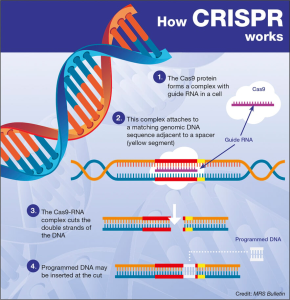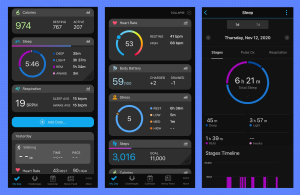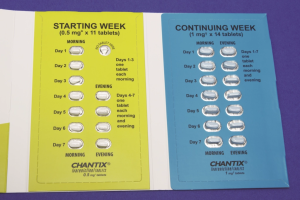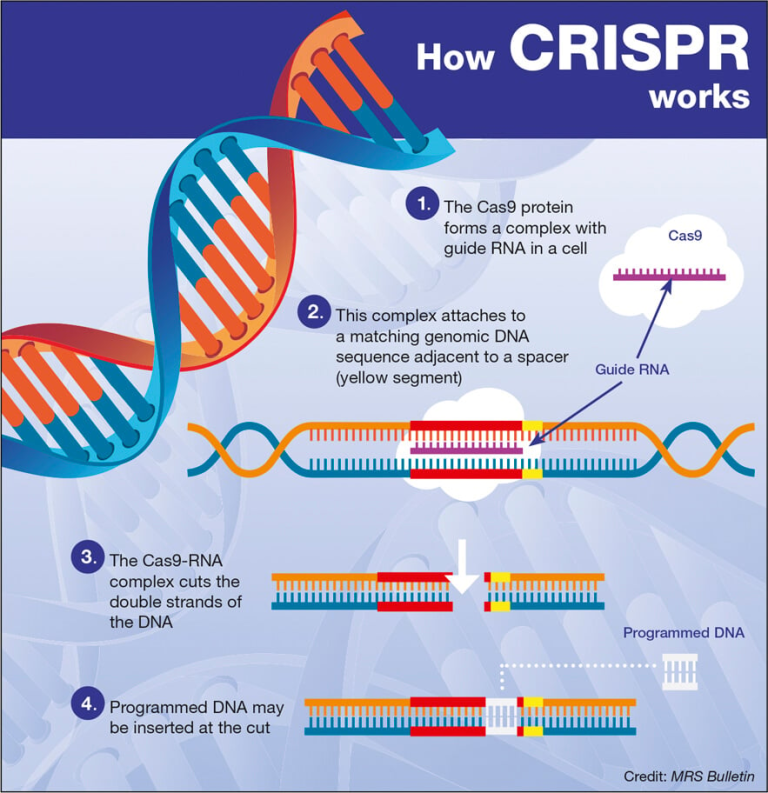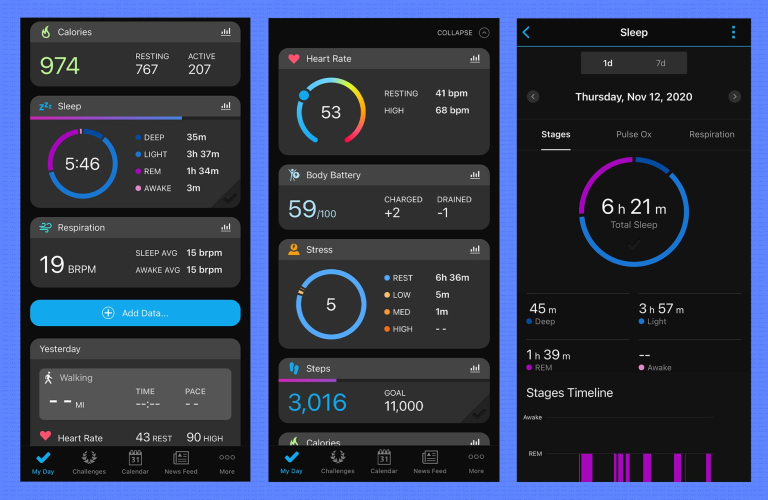Research grants play a pivotal role in fueling innovation and progress in various fields, particularly in public health research. These grants, often provided by federal agencies, allow scientists to explore groundbreaking avenues, such as cancer research funding, offering critical resources for life-saving studies. Securing an NIH grant application can significantly impact a researcher’s ability to conduct important investigations into health disparities and disease prevention. The scientific review process that evaluates these applications ensures that only the most promising projects receive financial backing, fostering a competitive yet fair landscape for researchers. As federal funding continues to shape the future of scientific inquiry, understanding the intricacies of research grants becomes essential for those dedicated to improving human health.
Funding opportunities in research, commonly referred to as research grants, are essential for driving scientific inquiry and advancement. These financial resources, particularly from federal sources, enable scholars to investigate pressing public health issues, such as those associated with nutrition and reproductive health. Obtaining grants, like those from the NIH, illustrates the value placed on rigorous proposals that push the envelope in fields such as cancer research. The evaluation process for these proposals, conducted by expert panels, highlights the competitive nature of securing funding and its implications for the broader scientific community. Ultimately, these investments not only support researchers but also cultivate advancements that can dramatically enhance public health outcomes.
The Importance of Federal Research Grants in Public Health
Federal research grants play a pivotal role in advancing public health initiatives by funding groundbreaking studies that address critical health issues. For researchers like Karen Emmons, securing a federal grant is not merely a professional milestone; it represents an opportunity to effect real change in communities. With these grants, researchers can explore innovative strategies to reduce health risks, particularly in under-resourced populations. By investing in public health research, the government acknowledges the need for improved healthcare access and outcomes, reinforcing the belief that health should be a priority.
Moreover, the application process for a federal research grant is designed to ensure that only the most promising and impactful proposals receive funding. This competitive landscape fosters a culture of excellence in research, where scientists must demonstrate rigor in their methodologies and the potential significance of their findings. As Jorge Chavarro notes, the National Institutes of Health (NIH) prioritizes a fair review process, ensuring each application is evaluated based on its merit and alignment with public health objectives. This scrutiny ultimately leads to more effective health interventions and innovations.
Navigating the NIH Grant Application Process
Applying for an NIH grant can be a daunting endeavor for researchers, requiring not just scientific acumen but also significant investment in time and effort. The process begins with the formulation of clear and compelling specific aims that highlight the relevance of the research. Researchers must then compile a full application, which often exceeds 100 pages when all necessary documentation is included. This comprehensive preparation is not merely an exercise in detail; it serves to clarify the researcher’s vision and ensure that the proposed study effectively addresses existing gaps in knowledge, particularly in fields like cancer research.
To successfully navigate the NIH grant application, researchers need to engage in extensive preliminary work, which includes conducting background research and establishing collaborations with community stakeholders. This groundwork is not only essential for crafting a robust application but also beneficial for demonstrating the innovative approach taken by the research team. Additionally, researchers must provide a detailed budget justification that outlines anticipated expenses and explains the necessity of each item. This level of rigor in the application process helps ensure that awarded grants lead to impactful outcomes that are aligned with the NIH’s mission.
Challenges in Securing Cancer Research Funding
Despite the crucial role that federal grants play in cancer research funding, the journey to obtain such financial support is fraught with challenges. The National Cancer Institute’s success rate for grants, particularly the R01 type, stands at approximately 14.6 percent, highlighting the intense competition among researchers. As Emmons reflects on her experiences, the pressure to secure funding is a constant reality, and the knowledge that only one in six applicants would receive grants can be disheartening. However, researchers have the option to revise and resubmit proposals, allowing them to integrate feedback and improve their chances in subsequent applications.
Furthermore, the increasing costs associated with conducting cancer research often demand that scientists become more resourceful in budgeting their grants. Chavarro emphasizes the necessity of justifying every expense, demonstrating not only the practical need for equipment and materials but also the foresight required to maximize the research impact. This intricate balance of creativity in research design and meticulous attention to financial planning underscores the challenges faced by researchers striving to make advancements in cancer treatment and prevention.
The Future of Public Health Research Amid Funding Cuts
In recent times, public health research has encountered significant obstacles, especially with the freezing of funds by governmental administrations. For instance, the Trump administration’s decision to halt over $2.2 billion in research grants to institutions like Harvard has sparked concerns among researchers invested in studying critical health issues such as neurodegenerative diseases and tuberculosis. This funding disruption has the potential to stall significant advancements in public health and deprive researchers of valuable opportunities to enhance societal well-being. As Emmons points out, the primary motivation for securing grants is to utilize those resources to help people, making these cuts particularly detrimental.
Researchers are not only fighting against time to obtain funding but also against an environment that increasingly questions the need for robust public health initiatives. Emmons underscores that the symbiotic relationship between private institutions and governmental funding has historically benefited society by fostering research that leads to life-saving treatments and the promotion of public health. This partnership must be preserved and even strengthened; advocates for public health research call for renewed commitments from governmental entities to support initiatives that improve community health and resilience, especially in light of ongoing health crises.
Building Community Partnerships in Research
Effective public health research often starts with strong community partnerships, highlighting the necessity of fostering collaborations that bridge the gap between researchers and the populations they serve. Researchers like Karen Emmons prioritize establishing relationships with community stakeholders as a fundamental step in their projects. Such partnerships not only aid in designing studies that are relevant and culturally sensitive but also enhance the overall impact of the research. Communities are more likely to engage with and implement findings from studies that reflect their unique needs and values, aligning scientific efforts with individual experiences.
These partnerships also play a critical role in increasing the likelihood of funding approval. Federal grant applications often look favorably upon proposals that demonstrate community engagement and input. By working collaboratively, researchers can ensure their projects not only meet scientific standards but also resonate with the target demographics, thus increasing the potential for lasting improvements in public health outcomes. This community-focused approach highlights the importance of inclusivity in public health research and serves to enrich the overall scientific dialogue.
The Role of Scientific Review in Grant Funding
The scientific review process acts as a crucial gatekeeper for federal research grants, ensuring that only the most innovative and significant proposals receive funding. This meticulous evaluation is carried out by Scientific Review Groups composed of expert volunteers who assess the quality of each application based on established criteria such as innovation, significance, and approach. The rigorous nature of this review process underscores the commitment to maintaining a high standard of scientific excellence in funded research.
The outcomes of these reviews directly influence research funding across various fields. For instance, when emphasizing cancer research, the National Cancer Institute’s advisory councils conduct secondary evaluations to ensure that proposed studies align with their broader mission. The collaborative nature of these review processes enhances transparency and accountability and ensures that funds are allocated to research efforts with the potential to make substantial contributions to public health. This thorough scrutiny not only serves the scientific community but ultimately benefits the public by prioritizing research that addresses pressing health challenges.
Adaptive Strategies in Research Funding
As funding landscapes evolve, researchers are increasingly employing adaptive strategies to secure necessary financial resources. In response to the rising costs of conducting research, particularly in fields such as cancer, scientists are rethinking their approaches to grant applications. This includes seeking multi-faceted funding sources, leveraging institutional partnerships, and creatively justifying budgets to account for various research expenses.
By diversifying funding approaches, researchers can create more resilient projects that can weather possible funding cuts from any single source. This adaptability not only helps in securing grants but also fosters a culture of innovation where researchers are encouraged to think creatively about their research proposals. Developing these adaptive strategies will be vital in ensuring the sustainability of public health research as funding environments continue to change.
The Impact of Federal Grants on Innovation in Health Research
Federal research grants are a significant driver of innovation within the health research sector. By providing essential funding, these grants enable scientists to explore new frontiers in disease prevention, treatment, and health education. The process of applying for grants paves the way for researchers to articulate their hypotheses clearly, conduct preliminary studies, and showcase the potential impacts of their work on public health.
For instance, researchers who secure NIH funding often lead projects that pave the way for novel health interventions, involving exploration into areas such as cancer immunotherapy, nutrition’s effects on reproduction, and community health strategies. This funding not only supports researchers in their quest for knowledge but also translates into practical applications that can significantly improve health outcomes, demonstrating the critical intersection between federal support and innovation in health research.
Federal Support for Public Health as a Social Investment
Investing in public health research through federal grants is crucial for promoting societal well-being, as it aligns with the government’s role in enhancing the general quality of life. By funding scientific inquiries into pressing health issues, the government demonstrates its commitment to protecting and improving population health. This approach not only alleviates immediate health concerns but also contributes to long-term cost savings associated with healthcare, thereby yielding significant returns on investment.
In addition to promoting innovative research, federal support for public health aligns with the principles of social equity and justice. By ensuring that funds are distributed equitably to address the needs of underprivileged communities, the government can foster an environment where public health strategies actively work to mitigate disparities. This holistic view of health as a public good reinforces the idea that robust investments in health research are paramount to building a healthier, more equitable society.
Frequently Asked Questions
What are federal research grants and how do they impact public health research?
Federal research grants are funds provided by government agencies to support scientific research in various fields, including public health. They enable researchers to conduct studies that can lead to advancements in medical treatments and public health initiatives. By funding innovative projects, these grants play a crucial role in improving community health outcomes and addressing health disparities.
How can I apply for an NIH grant application to secure cancer research funding?
To apply for an NIH grant for cancer research funding, begin by identifying the appropriate grant type, such as R01 or R21, which target different research needs. Prepare a compelling application that includes a specific aims page outlining your project’s goals, followed by a detailed proposal that includes methodologies, preliminary results, and a budget justification. Consult the NIH guidelines for specific requirements and deadlines to ensure your application is competitive.
What is the scientific review process for federal research grants?
The scientific review process for federal research grants involves multiple steps designed to evaluate the merit of research proposals. Applications are reviewed by Scientific Review Groups made up of volunteer scientists who assess proposals based on their innovation, significance, and approach. This is followed by a second-level review by advisory councils to ensure alignment with the mission of their respective institutes, ensuring only the top projects receive funding.
What challenges do researchers face when applying for public health research funding?
Researchers often face challenges such as intense competition for limited funding, evolving research priorities, and detailed application requirements. The need to demonstrate innovation and potential public health impact, alongside justifying research budgets, complicates the application process. Additionally, changes in federal policies may also disrupt the availability of grants, affecting the overall funding landscape.
How does the success rate of NIH grant applications vary by institute, particularly for cancer research funding?
The success rates of NIH grant applications can differ significantly between institutes. For instance, in 2023, the National Cancer Institute reported a success rate of 14.6% for the common R01 grant type. This means that researchers investing months into their proposals have a one in six chance of securing funding, highlighting the competitive nature of cancer research funding.
| Key Points | Details |
|---|---|
| Federal Grants Significance | Securing a federal grant is crucial for public health researchers, allowing them to conduct impactful studies that aim to help people. |
| Challenges in Grant Applications | Researchers face challenges due to the competitive nature of grant applications and recent funding freezes affecting institutions like Harvard. |
| Application Process | The application process includes building community relationships, preparing detailed documents, justifying budgets, and peer reviews. |
| Scientific Review Importance | Proposals are reviewed meticulously by volunteer scientists ensuring fairness and alignment with organizational missions. |
| Funding Success Rates | The National Cancer Institute has a success rate of approximately 14.6% for the R01 grant, emphasizing the competitiveness of funding. |
| Public-Private Partnership | Long-term collaboration between government and universities supports research as a collective commitment to public good. |
Summary
Research grants play a pivotal role in empowering scientists to conduct critical health research. The process of securing these grants can be arduous, involving extensive preparation, detailed applications, and face significant competition. However, the potential impact of receiving a grant is profound, enabling researchers to explore innovative ideas that can lead to advances in public health. As demonstrated by the experiences of researchers like Karen Emmons and Jorge Chavarro, these grants not only support research but also foster partnerships that ultimately benefit society by addressing significant health issues.
